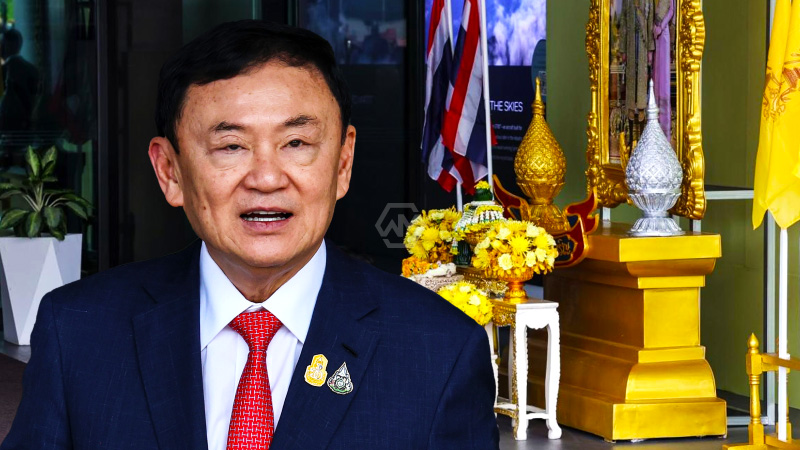- Thaksin Shinawatra, former Thai PM, indicted for defaming monarchy under lese majeste law.
- Bail was granted amidst ongoing political tensions and international scrutiny.
- The case underscores deep divisions over governance, freedom of expression, and royal authority in Thailand.
Thaksin Shinawatra’s influence remains pervasive despite his ousting from power in 2006. Accused of corruption and disrespecting the monarchy, he continues to be a polarizing figure in Thai politics. The recent indictment under lese majeste laws highlights ongoing tensions between supporters of the monarchy and advocates for democratic reform.
The bail granted to Thaksin reflects procedural considerations but does little to quell the underlying political discord. Critics argue that the use of lese majeste laws stifles legitimate political discourse and freedom of expression. Meanwhile, Thaksin’s supporters view the charges as politically motivated attempts to undermine his influence and legacy.
The Legacy of Thaksin Shinawatra and Thailand’s Political Divide
Thaksin Shinawatra, a pivotal figure in Thai politics despite his exile, faced a significant legal hurdle with his recent indictment on lese majeste charges. This development reflects the enduring political turmoil in Thailand, where issues of royal authority and democratic governance intersect in contentious ways.
The granting of bail signals a temporary reprieve in a longstanding saga of power struggles and legal battles that have shaped the country’s modern political landscape.
Amidst international concern over human rights and freedom of speech, Thaksin’s case has drawn attention to the use of lese majeste laws, which critics argue are wielded to suppress dissent and opposition voices. The situation underscores broader challenges facing Thailand as it navigates the delicate balance between preserving traditional institutions and fostering democratic principles.
Thailand’s political landscape remains fraught with complexities surrounding issues of royal authority, governance, and human rights. The case of Thaksin Shinawatra underscores these challenges, reflecting a broader struggle for democratic norms amidst entrenched political divisions.
“In Thailand, the intersection of monarchy and politics is not just a matter of law but a deeply emotional and divisive issue that reverberates through society.”



